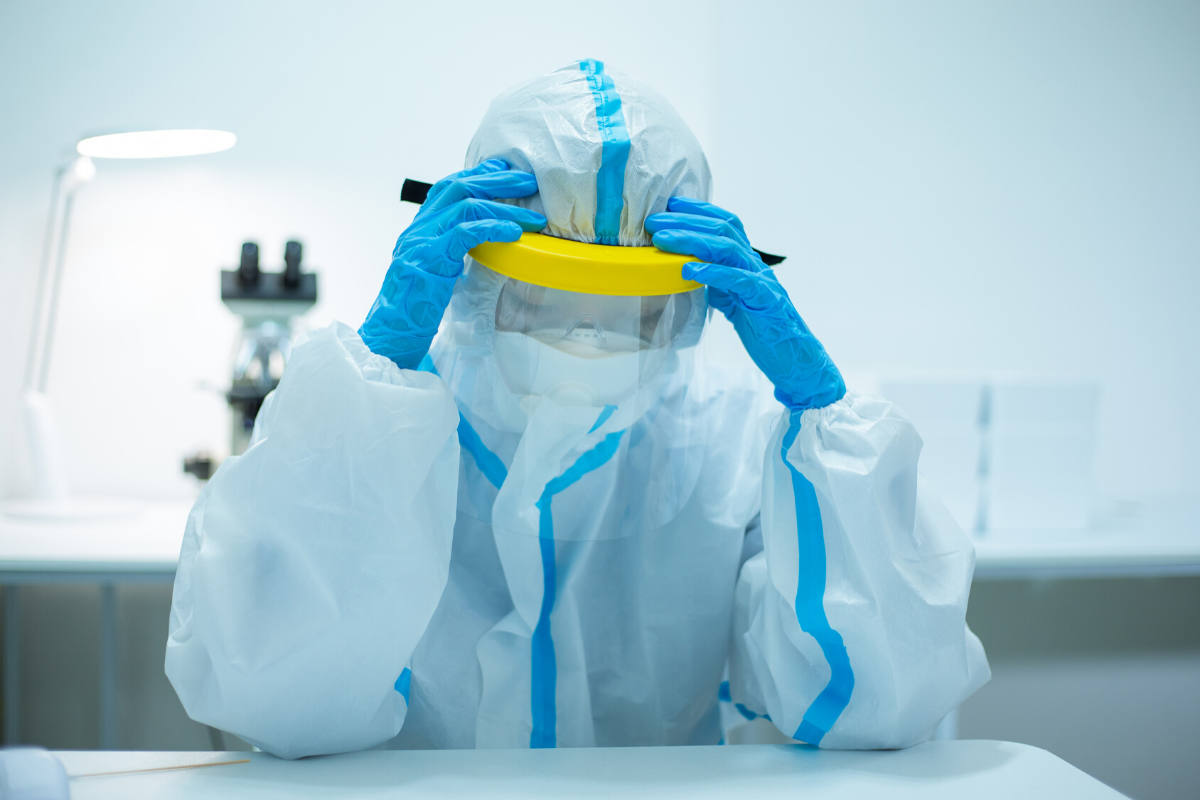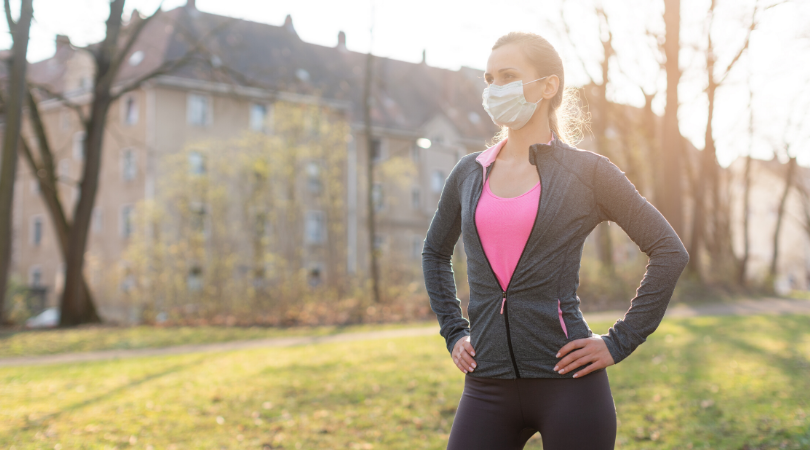COVID 19: The New Age of Grief Among Healthcare Workers

If someone offered you a job caring for people who were sick and dying, would you take that job? What if it was understood that you couldn't see these people in person, you couldn’t touch them, you had to isolate them from their families, and they might make you sick or even kill you?
For many of us, the answer to that question without any context might be a resounding “no.” Yet, that is exactly the space thousands of healthcare workers find themselves in today while navigating the unknown territory that COVID-19 has created.
If you are a long-term-care provider, you have likely experienced things in the last few months that you’ve never imagined.
It is important to acknowledge the distinct challenges and emotions that come with the drastic changes COVID-19 has brought to those in long-term care and those caring for them. As facilities seek to keep their residents and staff safe, we’ve seen unprecedented isolation protocols, changes in policies regarding supplemental staff, and many losses.
The usual work-related grief that accompanies this work is magnified and altered. As healthcare workers and caregivers struggle to make sense of it all, it is important to recognize and acknowledge the new reality they face.

Healthcare Worker Grief During COVID-19
Most in healthcare are familiar with work-related grief on some level. COVID-19 has changed and magnified this healthcare worker grief in many ways. Anticipatory grief and disenfranchised grief are terms often used to describe patients and families. These terms are now part of the daily reality for healthcare workers. Below are a few of the feelings that are experienced:
- Guilt. Some in healthcare are feeling a sense of guilt that comes from being asked to do things they have never imagined. They are being told to leave dying patients alone in rooms for fear of contagion. They are being made to ban families from seeing their loved ones. They are experiencing a cognitive dissonance between what they have been trained to do and know is right versus what is now deemed necessary. Feeling fear of patients and a hesitancy to provide care due to risk of spreading the virus can also lead to guilt.
- Lack of Reward. For most people, the “dopamine dump” related to doing something good for someone else matters to morale and job satisfaction. Moving to telephonic or telehealth interactions or severely limiting personal and physical contact takes away some of the rewarding moments of a caregiver’s day. They find themselves more drained from this new type of work than they could have imagined due to missing the intimate times throughout the workday that serve to fill them up.
- Loss of Control and Uncertainty of the Future. Healthcare providers are going to work everyday with a sense of being out of control. Days look dramatically different from just a few weeks ago and there is really no way to know how long it will be before they get closer to normal. In some ways, it is hard to predict what “normal” will look like on the other side of this pandemic. That uncertainty can leave people with feelings of fear and anxiety.

Self-Care for Healthcare Workers During COVID-19
With these new realities, what can healthcare workers experiencing this grief do in order to take care of themselves and better care for others?
- Acknowledge and name the emotion. Professional caregivers are trained to practice boundaries in their work. This means not getting overly emotionally involved and keeping reactions in check during trying times. The amount of healthcare worker grief being experienced right now is not part of the norm. Being able to recognize that and normalize it is important. Putting a name to feelings one is having enables better discussion around them.
- Lean into the things that bring comfort and peace. Self-care is more important than ever right now. Finding those things that bring solace and doing so without guilt is imperative. That looks different for every individual. Knowing that previous routines of self-care that once worked might not work in this moment matters. Accepting that and finding what fits the moment matters more. The person that usually runs five miles a day to help cope might not find themselves able or motivated to do so right now. A shorter walk might be a good substitute. It is time to be flexible and embrace what works.
- Know there is likely more under the surface. What is happening in healthcare facilities today is a form of trauma. It is difficult to feel and process appropriately while in the middle of the chaos and sadness. There are likely emotions and reactions the body won’t process while still working in flight-or-fight mode. Being ready for the proverbial other shoe to drop or the floodgates to open is important.
This is a difficult time. Talk about what you are feeling. Ask for what you need. Be gentle with yourself.
You are a courageous hero in the lives of so many.
Sherri Bickley, CSW, M.Th.
Vice President of Patient Support Services
Crossroads Hospice & Palliative Care
Crossroads Hospice & Palliative Care offers complimentary Grief Recovery Groups in all the communities we serve. Please call 1-888-564-3405 to learn more.
If you found this information helpful, please share it with your network and community.
Copyright © 2020 Crossroads Hospice & Palliative Care. All rights reserved.




